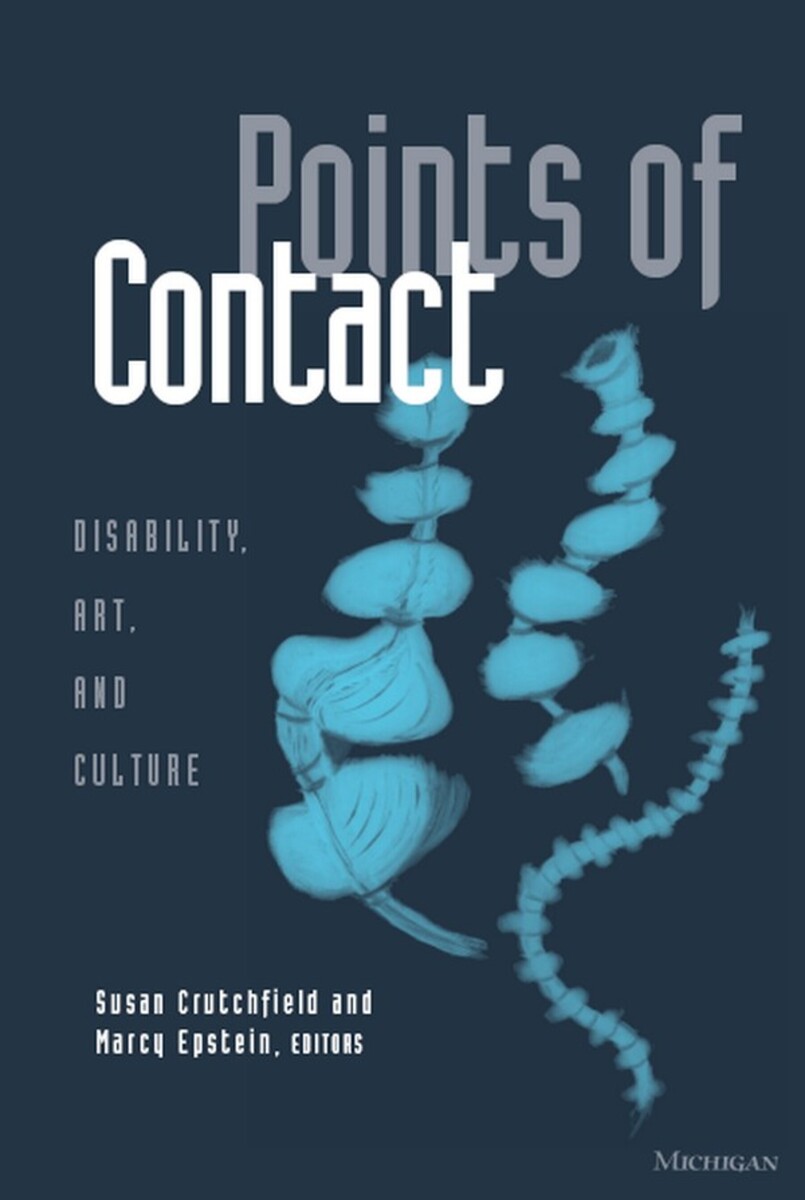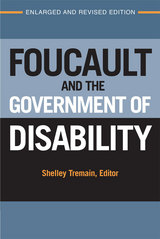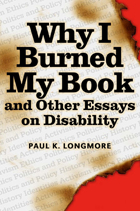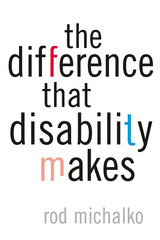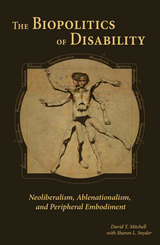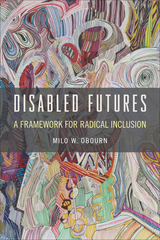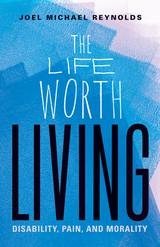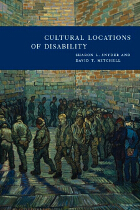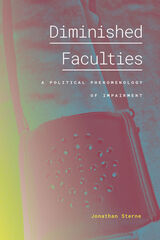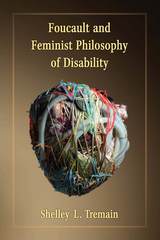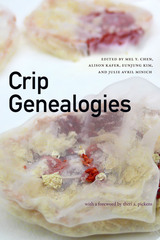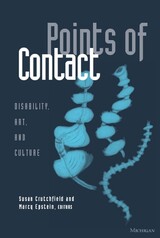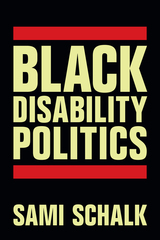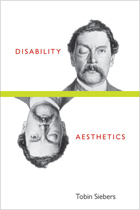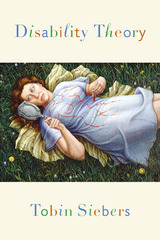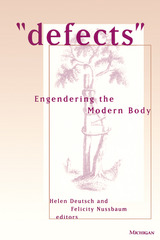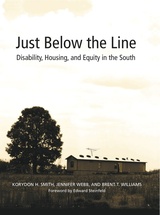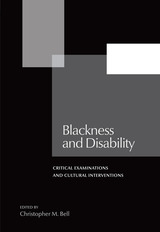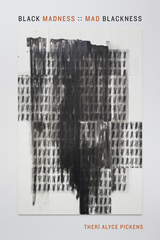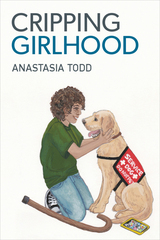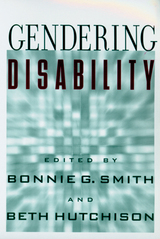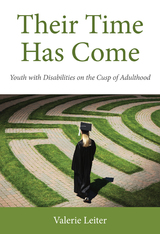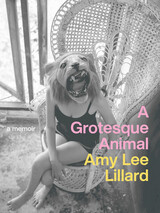Points of Contact: Disability, Art, and Culture
University of Michigan Press, 2000
Paper: 978-0-472-06711-4 | Cloth: 978-0-472-09711-1
Library of Congress Classification HV1568.2.P65 2000
Dewey Decimal Classification 305.90816
Paper: 978-0-472-06711-4 | Cloth: 978-0-472-09711-1
Library of Congress Classification HV1568.2.P65 2000
Dewey Decimal Classification 305.90816
ABOUT THIS BOOK | REVIEWS | REQUEST ACCESSIBLE FILE
ABOUT THIS BOOK
Points of Contact brings together contributions by leading writers, artists, scholars, and critics to provide a remarkably broad and consistently engaging look at the intersection of disability and the arts. The contributions include essays and memoirs by a wide range of disabled and nondisabled writers, including Bell Gale Chevigny, Sandra Gilbert, Joseph Grigely, Georgina Kleege, Victoria Ann Lewis, Carol Poore, Tobin Siebers, and Rosemarie Garland Thomson among others; poetry by Brooke Horvath, Joan Seliger Sidney, William Stafford, and others; fiction by Stephen Dixon, Michael Downs, Georgina Kleege, Dallas Wiebe, and others.
The collection covers a broad range of subjects and concerns that lie at the intersection of disability and the arts, including fetal alcohol syndrome, education, and identity; representations of disability in the visual arts and the complicated position of the disabled spectator; the impact of cancer on the patient and the caregiver; the similarities between beauty pageants and freak shows; Alzheimer's disease; prosthetic devices; the mechanized disabled body; disability and performance; and profiles of Helen Keller and Annie Sullivan, Christopher Reeve, Franklin Roosevelt, and sado-masochistic performance artist Bob Flanagan.
Points of Contact: Disability, Art, and Culture was originally published as a special double issue of the well regarded literary magazine, the Michigan Quarterly Review. Now available in a single, convenient paperback volume, its broad range of perspectives on disability and its entertaining and engaging selections will appeal to general readers, scholars, and students alike.
Susan Crutchfield is lecturer in English, University of Michigan. Marcy Epstein teaches literature at The Roeper School and women's studies at Henry Ford Community College.
The collection covers a broad range of subjects and concerns that lie at the intersection of disability and the arts, including fetal alcohol syndrome, education, and identity; representations of disability in the visual arts and the complicated position of the disabled spectator; the impact of cancer on the patient and the caregiver; the similarities between beauty pageants and freak shows; Alzheimer's disease; prosthetic devices; the mechanized disabled body; disability and performance; and profiles of Helen Keller and Annie Sullivan, Christopher Reeve, Franklin Roosevelt, and sado-masochistic performance artist Bob Flanagan.
Points of Contact: Disability, Art, and Culture was originally published as a special double issue of the well regarded literary magazine, the Michigan Quarterly Review. Now available in a single, convenient paperback volume, its broad range of perspectives on disability and its entertaining and engaging selections will appeal to general readers, scholars, and students alike.
Susan Crutchfield is lecturer in English, University of Michigan. Marcy Epstein teaches literature at The Roeper School and women's studies at Henry Ford Community College.
See other books on: Contact | Disability | Disability studies | Points | Sociology of disability
See other titles from University of Michigan Press
